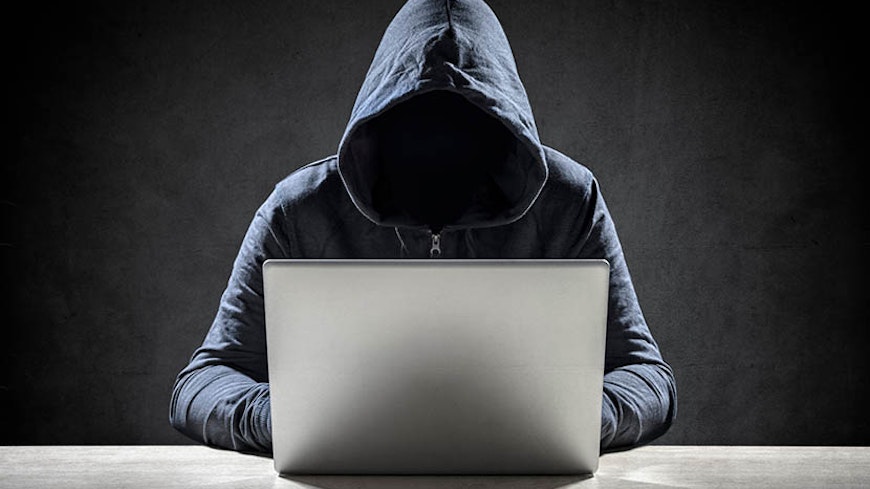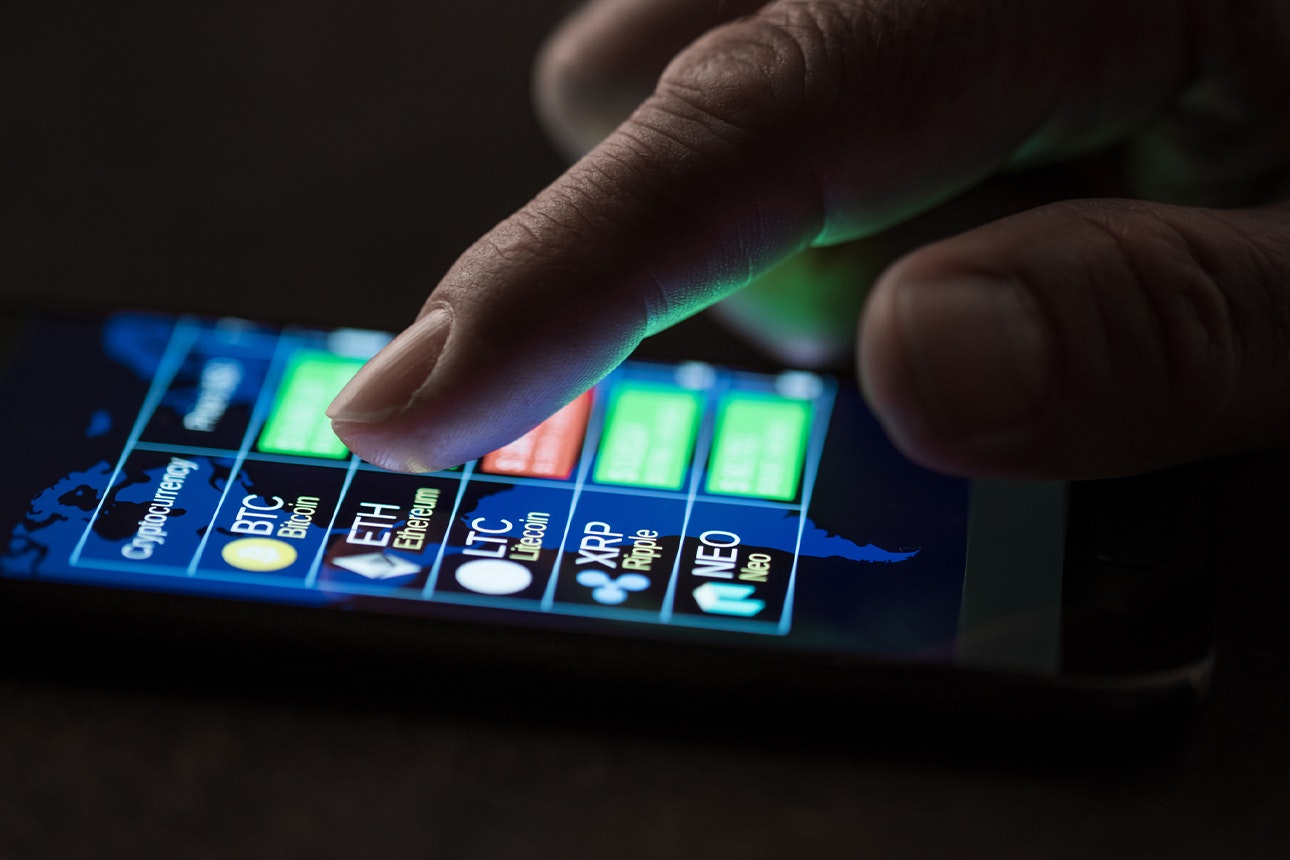
By Nick Gelling
Product Test Journalist | Kaipūrongo Whakamātautau Hautaonga
According to global data from internet security provider Norton, people in their 20s and 30s lose the most money to investment scams. In particular, those under 50 are more than five times as likely as over-50s to lose money to cryptocurrency scams.
In October-December 2021, government cybersecurity agency CERT NZ received 568 reports of scams. That’s over two-and-a-half times as many as the previous quarter. Direct loss from those scams totalled $5.9 million, including $1.8 million to investment scams. It’s the highest financial loss CERT has seen in a quarter since it was formed in 2017.
There are thousands of scams out there. We couldn’t hope to list them all, but we can say what they all have in common: emotional manipulation. Scammers convince you that you want to part with your money, whether it’s by scaring you, exciting you or targeting your insecurities.
We spoke to two people who each lost over $10,000. They’re sharing their stories to warn others about the dangers that lurk around finance.

“I promised not to tell, and I need to keep my promise”
In September 2021, Betty* answered her landline phone. The man on the other end introduced himself as James, an officer from her bank’s “fraud squad”.
Betty’s daughter Diane* describes the call. “He said her account was being targeted and the fraud squad would like to enlist her help to catch the thief, who also worked at the bank. But she must keep this an absolute secret, or the thief would be alerted.”
The man persuaded Betty to pay virtually all the money she had available – over $12,000 – into an account, to entice the thief into a trap.
At this point, the bank detected something was wrong and halted the transaction. But “James” had anticipated this, and instructed Betty to ring the bank and explain that the money was going to a family member.
“Unbelievably, my mother rang the bank, told a direct lie on behalf of an utter stranger and witnessed all her money disappear,” Diane said.
She’s heartbroken that her mother’s altruism and trust were exploited. “She had faithfully promised not to tell anyone for 48 hours,” Diane said. When she begged her mother to tell her what was going on, Betty would only say “I promised not to tell, and I need to keep my promise”.
After 48 hours, instead of a congratulatory phone call from the bank and the return of her money, Betty had to deal with the horrified disbelief of her family – and an empty bank account.
Diane thinks the glaring red flag in this scam was the secrecy. “Any request to keep a secret is a clear and obvious danger signal,” she said. “My 4-year-old grandson knows not to keep secrets. But mum’s generation was brought up on high ideals of promise-keeping.”
Diane describes the scam as “assaulting a little old lady and stealing her savings”.
“I really felt so angry and so upset. And I realised a couple of months after how much this whole episode has drained me,” she said. “In some ways you can’t speak too strongly about the effect of this on people emotionally, as well as financially.”
However, Diane is grateful that the bank was supportive. “They deserve credit for being helpful, and particularly for not telling mum off or really making any judgmental remarks at all. These things happen, and it’s tough, and they’re sorry about it.”
Police issued a warning in November around this particular scam, which targeted several elderly New Zealanders, particularly in Waikato. At the time, Detective Sergeant Mark Leathem said: “The Police message about this type of offending is simple – do not engage with anyone on the phone. Police and banking organisations will never ask for this type of assistance over the phone.”
How to keep your money safe
Regardless of the exact scenario, our main piece of advice is to always check with someone you trust before making a financial decision, particularly over the internet. And take your time to think and research – someone rushing you to make an urgent decision is usually a sign they’re swindling you.
In addition:
Any investment opportunity received from somebody you don’t know is suspicious. If you do know the person, but the behaviour seems out of character, try contacting the sender via another channel to check.
Investment offers from people you’ve never been in contact with are unlikely to be genuine. It’s illegal to send an unsolicited marketing email in New Zealand.
It’s a red flag to be asked to make a transfer through a foreign bank, wire service, or into a bank account with a name you don’t recognise.
To help prevent automated “hacking” of your accounts, use a password manager to generate strong passwords and activate two-factor authentication where you can.
“The more you put in, the more you’ll make”
Lisa* works at a shop that accepts an alternative form of payment called Qoin. It’s a cash alternative that can be used to pay for goods and services, linked to blockchain technology.
One day at work, she got chatting to two men she’d never met.
“At some stage, Qoin was introduced,” explained Lisa. “They told me it’d increased in value by 350% since October 2020, so people have made a lot of money, including themselves.”
Lisa said the men encouraged her to set herself up with a Qoin “wallet”, so she could start enjoying the profits. Qoin has the same hook as any cryptocurrency – its value increases as others buy into it – so everyone that signs up to Qoin is incentivised to recruit as many further people as possible.
“They suggested I could sign up as a business, get a Qoin wallet and get payment in Qoin,” said Lisa, who doesn’t actually run a business – just the odd cleaning or gardening job. “The next day, I received more of a formal presentation on a laptop, which mostly showed the growth of Qoin. I indicated I’d be interested in investing, and they set up a wallet on my phone. ”
Lisa said she made it clear she was looking for investment return. “I asked about withdrawing money, as my intention was to take a profit and exit based on the increasing value of Qoin.”
Here’s where things get problematic. See, Qoin isn’t like most digital currencies. Cryptocurrencies tend to be decentralised and open-source, meaning there’s no single administrative authority and coins can be bought and sold publicly. But the minting and trading of Qoin is currently controlled by “representatives from the founding members” of Qoin, according to its website.
A representative of Qoin told us “the project will commence decentralisation” later in 2022. In the meantime, there’s no exchange to sell Qoin back to in New Zealand. You can’t cash out.
“They told me when I sell they will match me up with someone wanting to buy into Qoin, so they can buy mine,” Lisa said.
The following week Lisa met with the two men again. One of them added her to the register of merchants that accept Qoin. According to Lisa, he said that the more she put in, the more she’d make, so she invested $10,000. “The money I’d saved took 20 years to accumulate, but also included some money left to me by my grandmother,” she said.
A few months later, Lisa spoke to a family member about the investment, who suggested the scheme wasn’t in her best interests. On his advice, she called and asked to withdraw some money. “They said, legally, they have no obligation to return any money.” Lisa recalls Qoin’s legal advisor telling her to buy a caravan with her Qoin, if she wanted to get her money’s worth.
“I feel they have absolutely no empathy for me or the situation they’ve left me in,” Lisa said. “They’ve got my money and have no further interest in me.”
Lisa pursued action through the Disputes Tribunal to attempt to claw back her $10,000. She ended up settling out of court prior to the hearing.
Qoin itself isn’t a scam, because the currency does exist – but Lisa’s story highlights that any “investment” can go sour, even if the pitch comes from men in suits armed with a slide deck full of graphs.
Who is in charge of Qoin?
The primary founder of the Qoin Association is BCI, the Australian owner of Bartercard International. Qoin follows a similar business model to Bartercard, where merchants buy into an exclusive currency that can only be traded between themselves. Bartercard was a high-profile scheme in New Zealand in the new millennium, and still runs today. Qoin is a reincarnation of the idea, but this time riding the buzz of blockchain and crypto.
In its native land, Qoin was booted from the industry body Blockchain Australia in February 2021, generating plenty of bad publicity. Soon after, Qoin voluntarily allowed its Blockchain NZ membership to lapse as well.
Qoin is also facing a $100 million class action lawsuit in Australia, including alleged breaches of Australian consumer law. But things are actually slightly better over the ditch, where BCI’s directors run an exchange in which Australian merchants can sell up to $125 worth per day. At least, they can in theory – in practice, there are few buyers.
Don’t invest in crypto until you understand it
Investment scammers adapt to whatever is the ‘trendy’ high-risk investment. Currently, the go-to is Bitcoin, Ethereum and similar cryptocurrencies. They’re also able to take advantage of the confusing nature of blockchain to trick people into making “investments” that are simply pocketed.
The multibillion-dollar OneCoin pyramid scheme, for example, ran from 2014 to 2019. Buyers around the world, including New Zealand, were duped into believing they were making huge profits through a new currency. Only, OneCoin was never actually traded and couldn’t be used to buy anything. It was a pyramid scheme, which meant early victims had unwittingly helped to fleece their friends and family too.
Our key message is to do plenty of research. Don’t assume that buying crypto is the same as trading shares or buying bonds. For example, the platforms where crypto is exchanged are often wholly separate to mainstream trading sites, so make sure you investigate which are legitimate. You also need to understand what a wallet is and how it works, and what the selling process is. Make sure you read a currency’s white paper (the document laying out the long-term plan for the project) before you buy in.
Crypto isn’t regulated in New Zealand, but if you want to invest, use a New Zealand-based platform on the Financial Service Providers Register. That at least guarantees you a dispute resolution service if something goes wrong, versus the zero protection you get trading with an overseas company.
*Not her real name.


